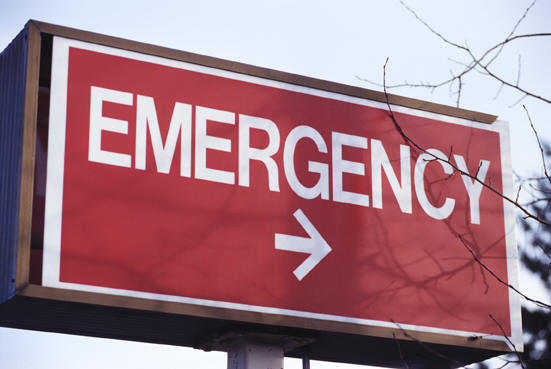Healthy Aging Radio Show will be featuring Viki Kind on June 28, 2010 at 5pm EST
June 28, 2010 by Viki Kind
Filed under Kind Ethics Radio
This Monday, Dr. Michael Perskin will be featuring Viki Kind on his show “Healthy Aging” on Monday, June 28, 2010 from 5-6pm EST.
Every Monday from 4 – 6 pm ET, Dr. Michael Perskin joins the Doctor Radio lineup on SIRIUS Satellite Radio to answer listener questions about aging and the care of the elderly. Dr Perskin is a specialist in geriatric medicine and works with individuals as well as family members caring for their loved ones. Sometimes the questions we have can be as simple as “why do my knees hurt?”, and sometimes they are as difficult as “my mother can’t remember who I am.” Knowing where to turn when medicine and age intersect is a prescription for less stress, better care and a healthier life.
Michael H. Perskin, MD, is the Director of the Faculty Group Practice for the Department of Medicine at NYU Langone Medical Center, as well as Clinical Assistant Professor of Medicine.
Dr. Perskin’s clinical practice is devoted to individualized patient-centered care. His focus is on prevention, comprehensive geriatric care management, and diagnosis.
Have a kind and respectful day.
Join Viki for a CME Lecture at Sunrise Hospital, Las Vegas on 6/23/10
June 14, 2010 by Viki Kind
Filed under Uncategorized
Join Viki Kind, M.A. author of “The Caregiver’s Path to Compassionate Decision Making: Making Choices for Those Who Can’t” as she gives a CME Lecture on Improving Healthcare Communication at Sunrise Hospital in Las Vegas.
Sunrise has been re-certified as a primary stroke center for the next two years! The Joint Commission sent a surveyor to Sunrise in February 2010 as part of the re-certification process and the examination of our data, processes and outcomes went extremely well. Sunrise had the first certified primary stroke center in the valley and no other facility in the area offers a more comprehensive program.
When:
June 23, 2010 from 8-9am and 1:15-2:15pm
Where:
Sunrise Hospital & Medical Center
3186 S Maryland Pkway
Las Vegas, NV 89109
Telephone: (702) 731-8000
This event is free for all medical personnel.
Have a kind and respectful day.
A Timeline Tool For When You Are In The Emergency Room

Dear Viki,
I got a call from someone as her grandmother was being taken to the hospital. Her grandmother’s doctor wouldn’t come to the hospital even though her mom had chest pain and very high blood pressure. After asking more questions, I explained to her that the probable reason the doctor wouldn’t come to the hospital was that he didn’t want to interrupt his weekend plans. I know it is cruel to say, but it is probably true. I know there are lots of great doctors out there but you have to realize that I only get called when there is a problem. (Now before the doctors reading this get angry, the person had a blood pressure of 240 over 110, chest pain, vomiting and the doctor said to not take her to the hospital. And the doctor was on call that weekend.) I also know that doctors are real people and they hate being on call on a holiday weekend. I don’t blame them. How would you like to have your day interrupted and have to leave in the middle of your most precious family events? This is one of the sacrifices they make for us.
So back to the story:
I talked the person through what to say to the ER doctors to make sure they got what they needed. I explained how to get the services she needs by using respect and good communication. You have to make it easy for the doctor because time is limited. You need to organize what you are going to say, be clear and give both the current facts as well as the past medical history. Here is where you have to be careful. You have to focus on telling them what is relevant to this situation. My dad would go to the doctor for a pain in his leg and then spend his time talking about his dysentery from World War 2. It was not the same body part and it was 60 years ago. Yes, you should give information about the person’s medical past but try to make sure it is relevant to the situation. But you may not know what is relevant so instead you can create a timeline for the doctor. (Keep a copy with you and with the patient for emergencies.)
One way you can do this is to construct a written timeline of the patient’s health. Here is an example:
1945: dysentery during the war
1988: cataracts diagnosed
1998: double bypass surgery
1999: cataract surgery
2001: prostate surgery for enlarged prostate
2002: allergic reaction to sulfa drugs
Include a list of medications and allergies
Now the doctor can see all the important events and he can get to the information quickly and effectively. Then you can spend more time talking about the present situation. The more you help the doctor whether it is in the office or in the hospital, the more they can help you.
Have a kind and respectful day. Viki Kind at KindEthics.com


